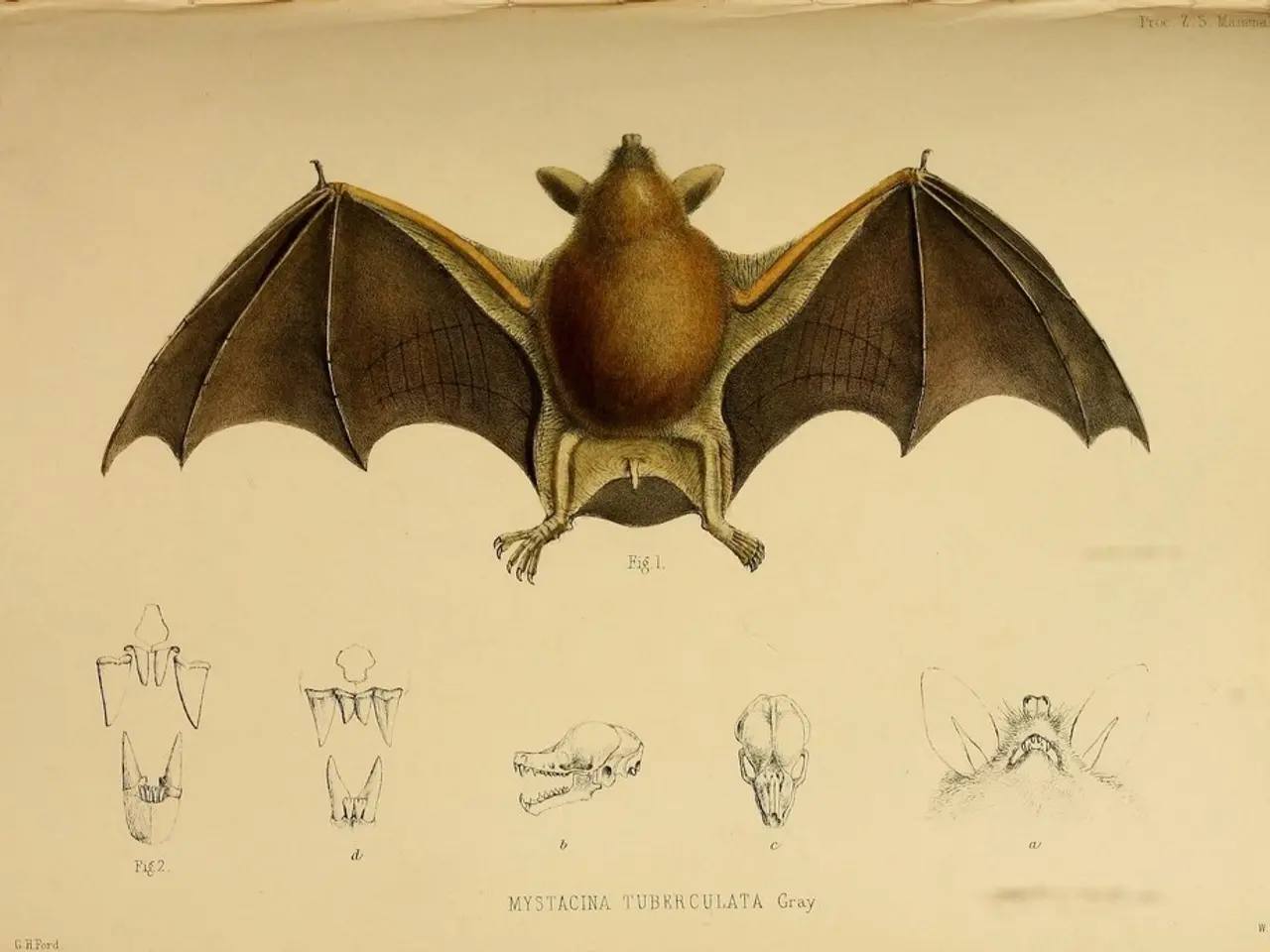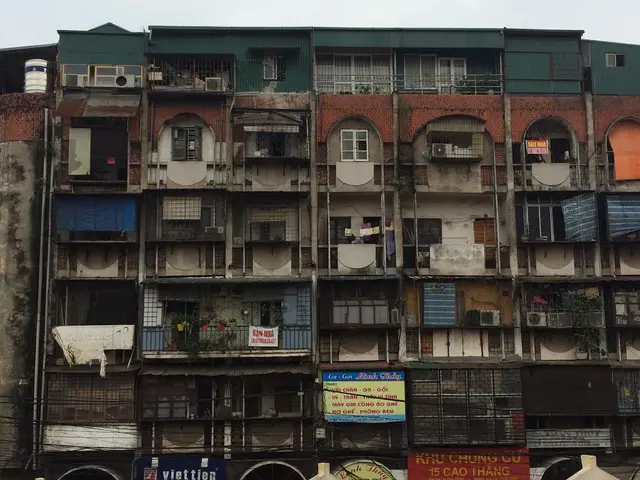EU Pushes for Local Battery Supply Chains and Recycling Infrastructure
The European Union is pushing ahead with plans to bolster local battery supply chains and build recycling infrastructure. This move, driven by EU institutions, member state governments, and private sector companies, aims to reduce energy dependence and promote sustainable energy solutions.
A recent study led by Professor Simon Lux highlights the scale of the challenge. It estimates that by 2050, 800 gigawatt hours of storage will need recycling. The EU's central industrial policy goal is to become largely self-sufficient in battery cell production. However, the recycling infrastructure is currently in its early stages. The research team urges EU political decision-makers to adapt the regulatory framework to support this development.
To achieve this, large investments in renewable energy generation and infrastructure are required. The study projects that 200 to 250 terawatt hours of electricity will be needed annually for charging electric vehicles by 2050. Moreover, energy demand for European battery cell production is expected to reach around 250 terawatt hours by 2050 if demand is met by European cells. Strengthening local supply chains is crucial, but it also necessitates significant energy provision in Europe. If a well-developed recycling infrastructure is in place, energy demand for cell production could decrease by 33 to 46 percent.
The EU's push for local battery supply chains and recycling infrastructure is a significant step towards reducing energy dependence and promoting sustainability. With proper regulatory support and substantial investment in renewable energy, the EU can strive towards its goal of self-sufficiency in battery cell production by 2050.








